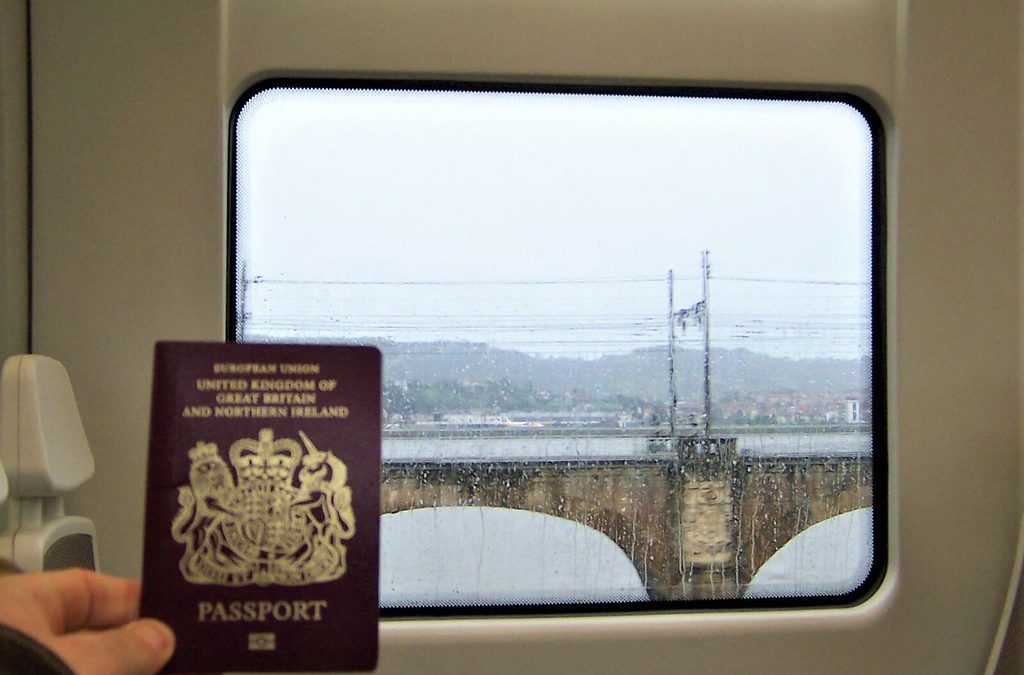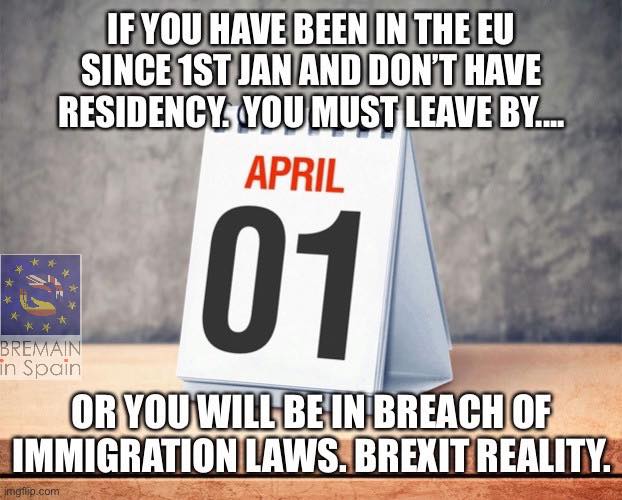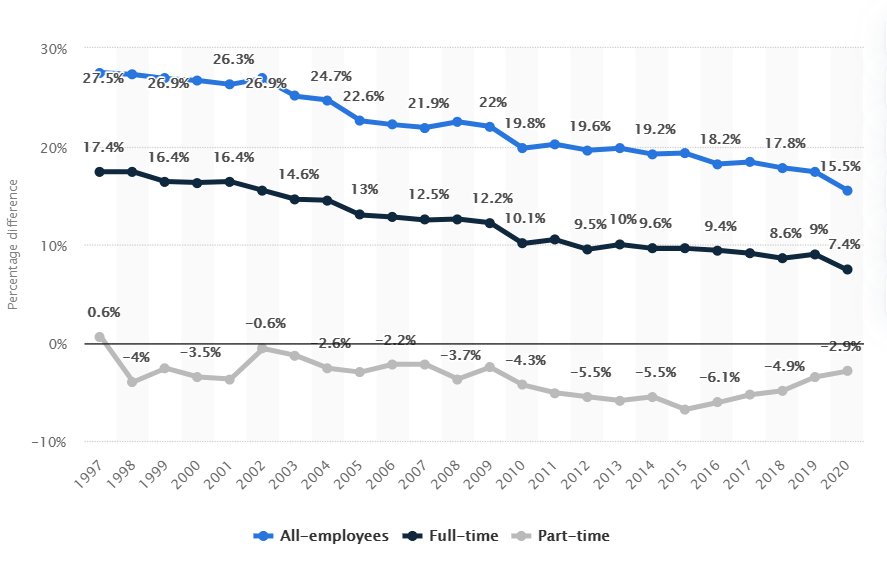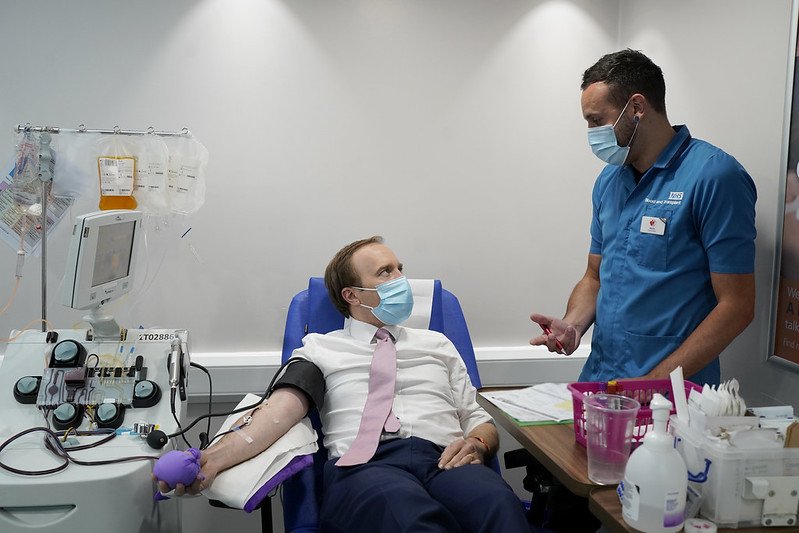
Amazon sales after Brexit: the tale of our first shipment
Bremain in Spain’s Vice Chair Lisa Burton recently wrote this piece about her company’s post Brexit experience for Yorkshire Bylines:
For many sellers on Amazon, Brexit is causing significant problems. Last week my company decided to attempt our first shipment into one of Amazon’s European fulfilment centres since Britain left the European Union on 1 January 2021.
As I explained in a previous article, the UK’s departure from the European Union means UK sellers are no longer eligible to participate in Amazon’s European Fulfilment Network or Amazon’s Pan-European service. Around 12 percent of our sales came from participation in Amazon’s Pan-European programme.
After three months of lost revenue on those European sales, it was time to face the issues and send a shipment to an Amazon European distribution centre. We picked Germany for our first ‘test’ run. Initial delays seemed to have settled; we had already successfully imported and exported to EU business customers under the new rules, so we had some experience by now of what was required and the possible issues.
Sales to Amazon, prior to Brexit
Pre-Brexit, as an FBA (fulfilment by Amazon) seller, we shipped our inventory directly into Amazon UK fulfilment centres only. We signed up to the Pan-European scheme several years before, which meant we already had tax registration numbers in several EU countries.
Amazon would analyse our stock holding to see what was required and then locate our products throughout their distribution centres in the European Union, opening our products for next-day, Prime delivery to their European customers. Amazon knows their marketplaces best, so for us, there was no effort required once set up except for supplying our tax agents monthly sales reports.
Planning for Brexit and future Amazon FBA sales
Preparing for Brexit was impossible to a point, not just for us but for all businesses involved in importing and exporting. After all, it was only days before the end of the transition period that we had any idea of what the trade deal was going to look like.
My team and I put in many hours of research, reading, speaking with shippers, HMRC, tax agents. We watched Amazon videos, webinars and more, to be as prepared as we possibly could be. From this research, this is what we ensured we had in place.
- Every item on our stock inventory had to have country-of-origin codes – this required many staff-hours and an IT solution.
- Tax registration in every EU country we wanted Amazon to hold our products.
- An authorised tax agent (Required in some EU countries for non-EU based businesses) to handle tax obligations in that country.
- A UK Economic Operators Registration and Identification number (EORI number). One for our wholesale company and our online company from the UK Government.
- A European EORI number (EUEORI) obtained from the authorities in the relevant EU countries.
- A Duty Deferment Account (DDA) as advised by HMRC, this acts like a suspense account where any customs duties, import VAT and excise duties incurred can be added to that account and paid monthly to avoid hold-ups with unexpected costs.
What will sales to Amazon look like post-Brexit?
With all that in place, we had to decide what stock to send. Amazon had always made those decisions for us. Their analytics looked at our stock items. They had access to all the necessary data to move the required stock items to their other EU marketplaces. Amazon’s selling and storage fees are not cheap. Maintaining optimum stock levels in multiple countries is going to be challenging. One we are about to face.
With that done, we moved to the requirements of the shipping invoice. We quickly realised that sending stock from ‘yourself’ in the UK to ‘yourself’ in another EU country, was going to be different and slightly more complex because although it was going to Amazon, they are not the receiver or importer of the goods.
Bureaucratic challenges posed by Brexit
We asked our shipping company representative to look over the paperwork to ensure we had the correct EORI numbers and VAT numbers, and that the seller, shipper and receiver were correctly listed. Amazon takes no responsibility for the importation of the products, so this was vital. He then had to speak to a ‘Brexit expert’ as even for him; this was a first. He came back to me, and the conversation went along these lines:
“You need the address for the IOR” (importer of record), he informed us.
“We are both exporter and importer, so it is our address” was my reaction.
“No, you need a physical address in Germany.”
“But we have a legal tax representative in Germany, is that it?”
“No, your company needs a physical business address in Germany!”
Luckily, I have people I know in Germany. A friend pointed me in someone’s direction, and we manage to get an address. So today, after a week of back and forth, ensuring we had everything in place, our first shipment to Amazon EU left our premises. We now have to repeat the process for France, Italy, Spain.
Widespread difficulties for Amazon FBA seller
150,000 UK Amazon FBA sellers lost easy access to the European marketplace on 1 January 2021* and with that access to a potential 447 million EU customers. As you can tell by this article, it’s not impossible to sell your products FBA in the European marketplace after Brexit.
But as you can also tell, for the vast majority of sellers who used Amazon European Services pre-Brexit, the whole process becomes far too costly and complicated. We now have to consider more staff-hours, higher shipping costs, customs fees, and more accounting time due to more complex VAT submissions.
The sad reality is that all these additional costs will have to be passed on to the consumer, making products more expensive for the customer and the business less competitive.
Exporting to the EU, post-Brexit
I was not surprised by the Office for National Statistics report, that showed exports to the EU plunged by £5.6bn (40.7 percent) in January, with imports down 28.8 percent. It will take a significant amount of time and effort before we know whether replacing these sales will be cost-effective or even successful. I may even be counting my chickens before they have even hatched.
The stock hasn’t arrived in Germany yet, let alone been checked into Amazon’s distribution centre so there is still a lot that could go wrong. Let’s hope that isn’t ‘literally’ another story.
* There are 281,000 UK Amazon sellers in total – 57 percent of Amazon sellers are solely FBA sellers.













